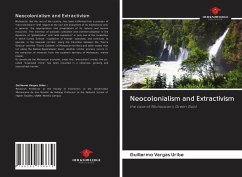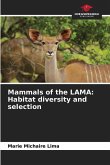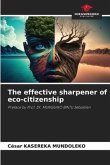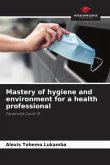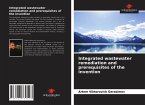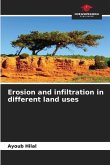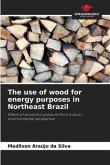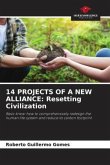Michoacán, like the rest of the country, has been suffering from a process of "neo-colonialism" with regard to the use and enjoyment of its biodiversity and, in general, the appropriation and privatization of its natural and human resources. The insertion of avocado cultivation and commercialization in the dynamics of "globalization" and "wild capitalism" is only one of the modalities in which Carlos Salinas' "capitalism of friends" operated, and continues to operate, in the avocado corridor, along the transition between the "Sierra Tarasca" and the "Tierra Caliente" of Michoacan territory and other states that run along the Balsas-Tepalcatepec basin. Another similar process occurs in the extraction of minerals from the southern territory of Michoacan, mainly copper. To complicate the Michoacan scenario, under this "extractivist" model, the so-called "organized crime" has been mounted in a notorious, growing and unpunished manner.

